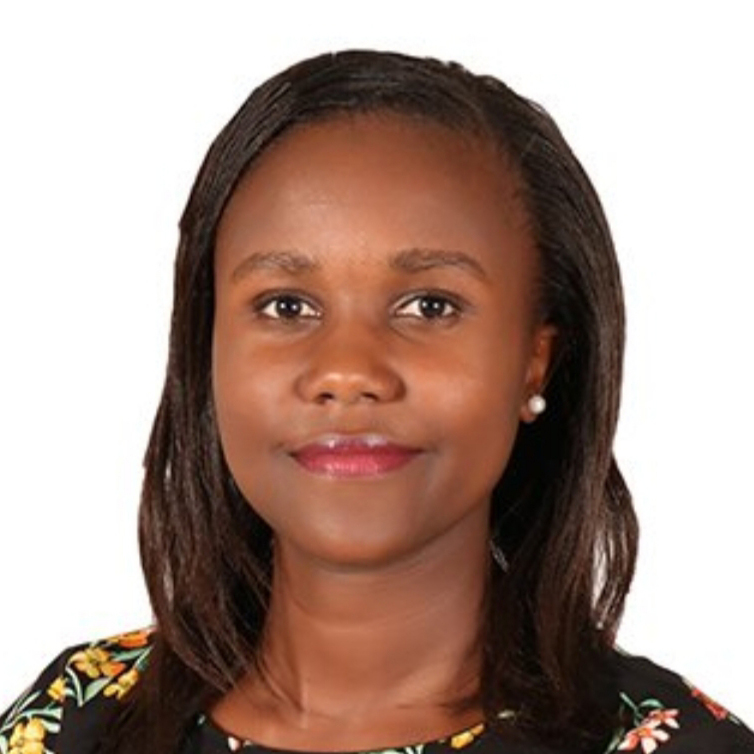We want people to have a rich and diverse diet; eating food that is locally available to them that allows for knowledge and traditions to be kept alive. Communities should be able to afford their local produce and not have to rely on cheap, imported food. We want the food industry to move away from using just one kind of crop to using regionally appropriate crops that are well adapted to the local environment.
Why does this Action 4 Change matter?
Our global economy and the way we buy and sell food are systems designed to make money. One of the problems is that we are growing too much of a single crop. 75% of the world’s food is generated from only 12 plants and 5 animal species. This lack of diversity is damaging our wildlife, but also means we are losing traditional knowledge and skills that enable communities to connect with the land.
Traditional food knowledge and agricultural practices have existed for thousands of years and over the past 10,000 years we have seen the domestication of plants and animals and the development of what is known as modern agriculture. Indigenous and local farming communities have the traditional knowledge that can withstand a wide range of ecosystems and has supported healthy lifestyles for generations. We must encourage and support famers and indigenous to share their food knowledge so that we can use their experiences and ideas to adapt our current unsustainable food production practices, making them more resilient to shocks (climate, economic, political).
Youth in Action:
Maureen Muketha is a Kenyan nutritionist and advocate passionate about achieving the Sustainable Development Goal (SDG) 2: Zero Hunger and 3: Good Health and Wellbeing. Maureen learned that non-communicable diseases (NCDs) accounted for 50% of hospital admissions in her country and many of these diseases are preventable by changing what you eat. This fact inspired Maureen to create a social enterprise called ‘Tule Vyema’ in order to reach her goals of helping her country achieve the SDGs. Tule Vyema means ‘Let’s Eat Right’ in Swahili and that’s exactly what Maureen is working to achieve.
Tule Vyema works to raise awareness of proper feeding practices in the community, teaching farming techniques and passing knowledge to women about how to cultivate and consume indigenous vegetables. Indigenous vegetables are Tule Vyema’s crop of choice as they have a quick maturation rate, are highly nutritious and resistant to pests and diseases. This initiative has resulted in equipping over 2,500 community members with nutrition knowledge and improved food security through training young women to cultivate indigenous vegetables on kitchen gardens in over 900 low-income households. Not only has Maureen been working on the local stage, but her passion has driven her to participate in global policy making. In 2021 she was involved in the UN ‘Food Systems Summit’ providing advice to the leadership team.

Indigenous foods are super foods. Do not underestimate their contribution towards the achievement of food security. Let’s share/ develop amazing recipes of how these foods can be prepared prepare these foods.
Maureen Muketha
